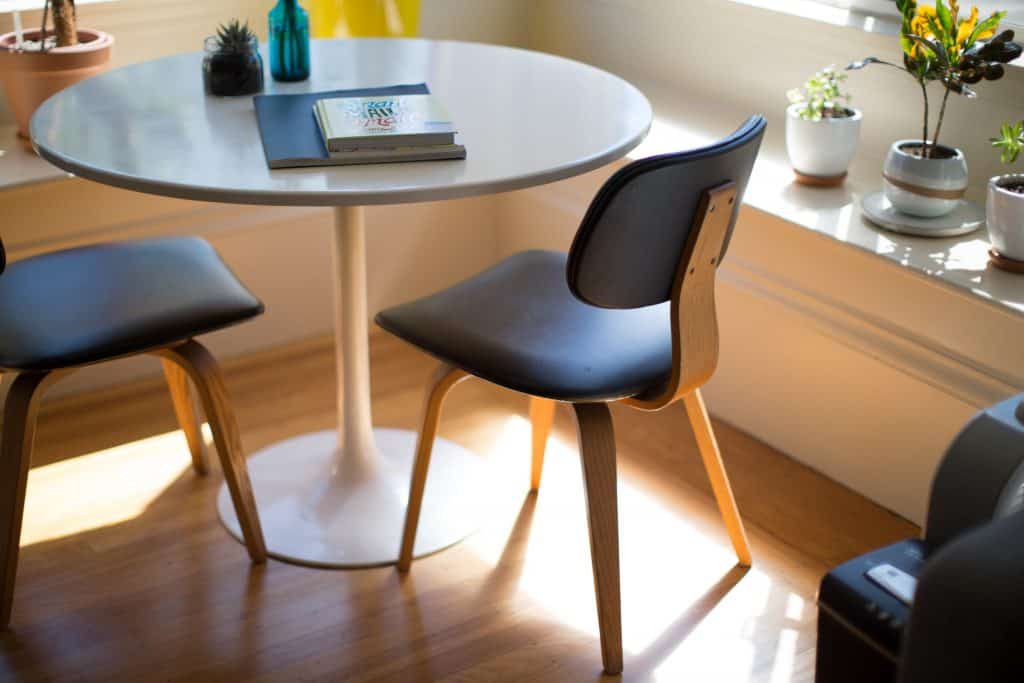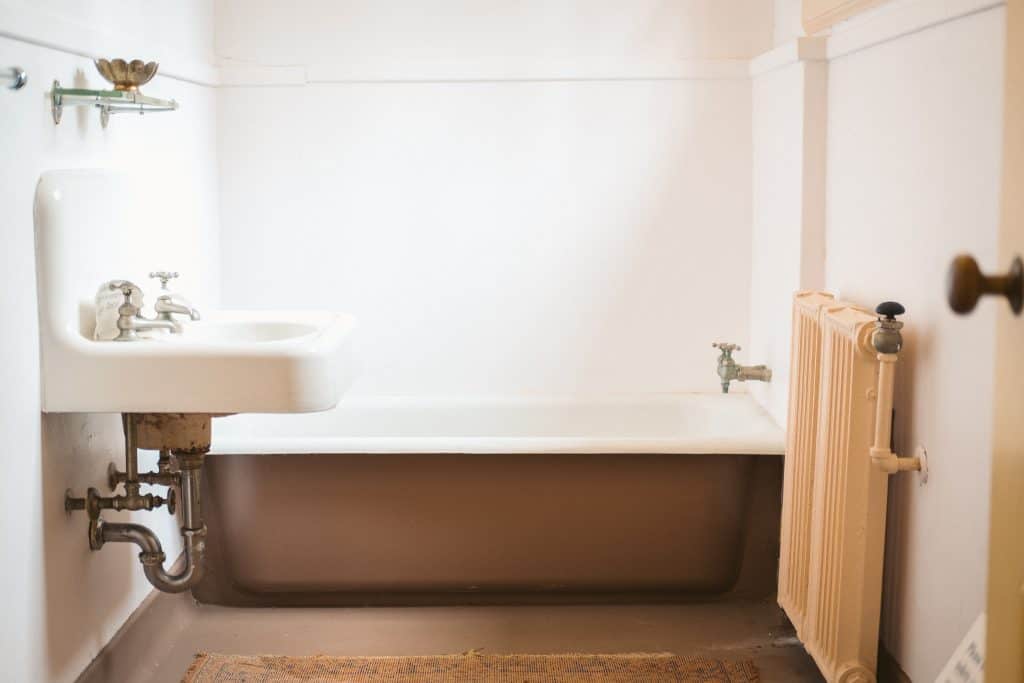What’s complicated right now?
Taking the time to evaluate your stuff and processes might seem like one more thing to do, but can skyrocket your overall productivity. Putting it off will only take more time later. So, think about it, where can you simplify what’s complicated right now? Start there.
Have you ever had one of those days? I had 3 in a row last week. Back in the day, that would have sent me to the couch for several more days of beating myself up for not being perfect.
This time, I kept going, trouble shooting, looking for solutions and I found them. I used some of the strategies I’ve been sharing with you lately. When the flow of my work stopped, I did something else for a few minutes, I asked for help and I tried some scary stuff. My focus came back and now I know what to do next time I have these issues.
None of that would have been possible before I began investing in myself and my business. I don’t mean just throwing money into the account. I mean spending the money to train, study, and be mentored by people who have already done the stuff I want to do.
Here are the three excuses I used to use for not investing in me and why I don’t use them anymore:
- I can’t afford it. I used to do all the free training I could lay my hands on. It took a lot of time. It never quite worked out and often there was a piece missing from the information. So, I’d usually get better results than before, but only incrementally. I’d also end up frustrated and wondering why it didn’t work for me. Once I finally decided to pay for a program to learn something, and have access to ask questions specific to my situation, the results got better exponentially. Investing in a program leads to holding myself accountable so I take the information more seriously and I am more likely to act on it. Now it’s more a question of what part do I need to learn next and can I sign up for the introductory price?
- I don’t have time. It’s true that sometimes the timing is not great. It is also true that when something is really important you find a way to squeeze it in. I have also found that when the choice to invest has been made, I do what ever it takes to keep up with the program. Often the stuff I’m learning helps me figure out what other stuff no longer works for me and I can let it go. That frees up time to focus on the right stuff. Also, it turns out that someone that can tell you how to solve a problem in 5 minutes is a better way to go than stumbling around for weeks trying things that don’t work.
- I’m not ready. This one is a little tricky. Sometimes it’s true, but most of the time it’s an excuse, a little fear holding you back. I try to have a list of things I want to do and improve in my business. It guides me to the right mentor in the right order as that thing comes up on the list. Occasionally an opportunity to learn something comes out of order, if it’s not going to stop forward motion I go ahead, besides, it’s usually exactly what I really needed.
Waiting for everything to be perfect will just keep you waiting for never.
Back to last week. My coach walked me through, step by step, how to do 3 things I’d never done before, then helped be fix a computer incompatibility issue that was about to shut me down. He knew what to do, calmly and now I do too. That’s why I pay for knowledge and support. It’s worth every dollar.The same resistance could be holding you back from getting the help you need with an organizing project. It might be cheaper, faster and better for you to find a professional to work with.
Sometimes when I seem to be fighting through the work, when it isn’t going smoothly, or when I am suddenly not enjoying something that used to give me great pleasure, it’s because it got complicated.
You know I like to keep things simple. I recommend that you do too. It’s just that every once in a while, complication sneaks up on me.
New information becomes available about the thing you do. So, you look into it and it seems like a good idea, maybe even easier than how you are doing it now. You might as well try it. So, you do. It probably even works out well.
The real problem is when you do that several times over a period of time. The more adjustments you make to a system you already have in place, the more you need to step back and evaluate the big picture of it.
Maybe, everything is put away and labeled. But can you get to things quickly when you need them? Do you have to move something to reach what you are looking for? Even worse, do you have to drive to the storage unit to find it? Is it less effort to go to the store and buy it again than to crawl into the attic, rearrange boxes and reach the one on the bottom left corner for the thing you needed 5 minutes ago?
Organizing is about having access to what you need when you need it. Simplifying goes further by eliminating the excess and redundant, and then putting things in the most effective place. Simplifying makes it easier to get and stay organized – you only have the items you need, use and love.
If your desired end result is elimination of distress and difficulty, can you eliminate pieces or steps of the process? Would your life be easier if you only had to move and dust a couple of prize possessions instead of the many items you’ve “collected” over the years? Ask yourself if it isn’t your very methods and stuff that cause you stress.
When you are feeling a bit frazzled and things have gotten a bit out of control, ask yourself: What is complicated right now?
That is the thing you need to look at. It’s time to resimplify it. Take some steps to make it easy again.
Often a new thing is added, but not as a replacement. It’s more of an addition to what you already have in place. That is fine if it is a real enhancement, one that makes it faster or easier or just better.
- More often than not, it’s just a redundancy. Great, now you have two. When that is the case, pick one and lose the other. Simplicity restored.
- Occasionally it’s a complication. That’s when the new thing made the old thing harder or slower. Remove some steps or just go back to the old way. Now, it’s easy again.
- Sometimes it’s pure distraction. Bright shiny objects can get us to think things will be different, but upon review, it’s just new texture weighing us down. Strip it back down to the point it used to work, the basics system, the essentials.
Complications can appear as resistance. More commonly known as excuses.
- The idea that you can do it yourself. I say you would have already if you knew how.
- The idea that you don’t have the time. I say, “By failing to prepare, you are preparing to fail.” Oh wait, Benjamin Franklin said that.
- The idea that you can’t afford help. I say you don’t want to invest in yourself.
I looked up the definition of Streamline last week. You know, to see if there was a hidden meaning to exploit in my marketing efforts. According to Webster’s, Streamline means: 1) made with contours to reduce resistance to motion; 2) simplified; 3) modernized.
I am intrigued by the notion of resistance and how to move through it. Especially resistance in relation to organizing. In fact, it’s one of the reasons I am so excited about The Streamlined System. I have come up with magical formulas that will sneak past your resistance to “getting organized” and hold you accountable until you develop the habits that will simplify and modernize the way you work through your day and live your life.
Having invested many dollars with coaches to break through my own resistance issues, I know the value of a different perspective, being held accountable and learning the essential steps to succeed. Basically, it produces different and better results. Was it worth it? You bet. Would I do it again? In an instant. In fact I already am.
That’s why The Streamlined System is so fantastic. It can be applied to your situation for easy, long lasting results. And it connects the mindset to the practical steps in just 5 steps:
- Design a plan
- Evaluate the stuff and the space
- Create systems and routines
- Develop the habits
- Enjoy the results
Complications are temporary and with a little review, you will notice where you need to simplify again. Remember, staying organized is a constant, ongoing, editing process. Seek help and streamline it.



